My Experience of Watching “Seaspiracy” – Should I Stop Eating Fish?
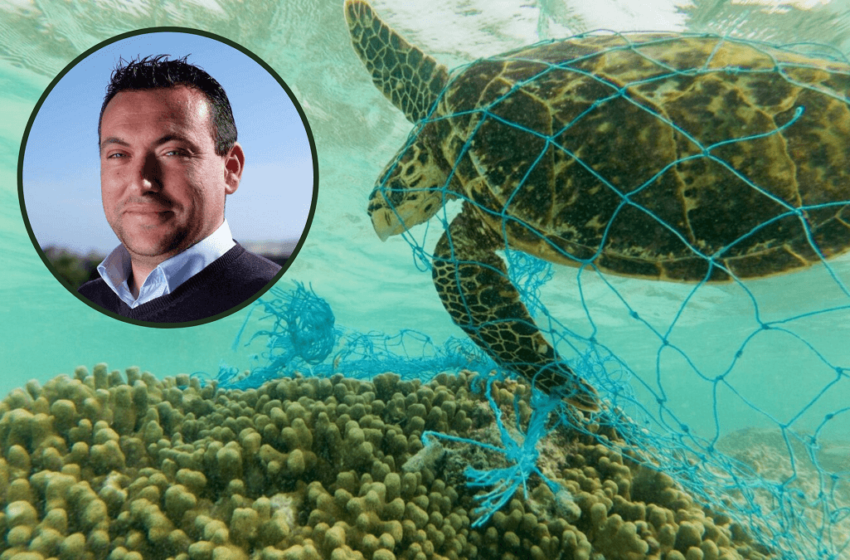
Photo: peta.org.au
March 26th 2021, the day when, together with my husband, I watched the Netflix film Seaspiracy. The makers of the film were “determined to document and uncover what is responsible for oceanic destruction and extinction”. I live on the island of Malta, and I eat fish regularly (I love fish!). As I watched the film, I was quite shocked to say the least. Questions started popping in my mind: Is all this real? How could it not be real with all these experts talking? Might there be a hidden agenda? Should I stop eating fish? Is this what Pope Francis was referring to, when he mentioned “uncontrolled fishing” in his 2015 letter On Care For Our Common Home?
By the end of the film I was sure of two things:
i) I wanted to verify whether all this was real.
ii) If it were real, I did not want to be part of it.
As I finished watching the film, I immediately opened my laptop and visited the Facebook page of the Ocean Ambassador for Malta, Prof. Alan Deidun. He had watched the film too! In a Facebook post, he writes that this film is a “must see”. So I emailed him my questions and did not consume any fish until he replied.
Here is what he told me:
How true is the documentary Seaspiracy?
Prof. Alan Deidun: “The documentary Seaspiracy is factual and credible given that (i) the producer went to great lengths to give the ‘other side’ of the story as well, rather than only peddling his own narrative. (ii) Moreover, the producer consulted with a number of eminent experts in their field, including Dr Sylvia Earle and Prof. Callum Roberts. They are two of the most respected oceanographers and conservation biologists on the global stage.”
Is it true that we do not have models of sustainable fishing at the moment?
Prof. Alan Deidun: “Seaspiracy’s claim that we do not have any examples of sustainable fishing at the moment is true if one looks only at the models of industrial fishing. Such models have a high degree of wastefulness in terms of bycatch which is discarded and thrown into the sea, and over-exploitation of stocks. Within such models, the meaning of the term ‘sustainability’ has been twisted so as to represent only an economically-viable process. This process can be performed year after year for maximum monetary benefits, with little consideration to the environmental impact.”
Can fishing be sustainable?
Prof. Alan Deidun: “Fishing can be sustainable if it is performed at the local level, on an artisanal basis. The documentary Seaspiracy underscores this fact by featuring the difficulties of native western African fishermen.
In Malta, 93% of the Maltese fishermen work on small-scale, artisanal ones, operating from boats which are smaller than 12m in length. This restricts their time out at sea, ensuring that they do not catch much more than they can realistically sell in a few days. That should be the real meaning of sustainability – taking just what is necessary today, rather than hoarding fish so that my competitor does not gain access to it.”
Is it true that dolphin friendly/safe labels are unreliable?
Prof. Alan Deidun: “Regarding the credibility of the dolphin friendly/safe labels: We obviously do not have the investigative means to substantiate such a claim. The onus is now on the certification entity, issuing such a label, to refute the claims made in the documentary. However, what we know as a fact from the scientific literature available, is that at least hundreds of thousands of dolphins of different species fall victim to industrial fisheries each year. Unfortunately, this statistic does not show any sign of levelling off.”
Is the environmental impact of fishing as huge as described in Seaspiracy – bigger than the plastic problem?
Prof. Alan Deidun: “Although I have and still am a vociferous advocate for a ban on single-use plastics, I believe that the ecological impacts being exacted by the over-fishing of our ocean are in fact being downplayed. I think that they are not receiving the immediate attention they deserve. Once again, I stress that I am referring mainly to industrial fishing. It generates exorbitant levels of bycatch. Moreover, the ecological impacts of trawling, which are releasing carbon and pollutants stored in seabed sediments, are contributing to climate change. These changes are also visible from space.
Despite its vastness, there are very few spots within the global ocean which have never taken the toll of bottom trawling. Most of these pristine sites are located close to the poles. The single statistic featured within the documentary which most impressed me concerning fishing subsidies. An estimated 350 billion dollars are being thrown into the fishing industry each year, in the form of subsidies, presumably to keep fish prices low. This figure outstrips the total needed to fight global hunger (300 billion dollars) as estimated by the United Nations. The UN’s Sustainable Development Goal 14 calls for an end to such harmful fishing subsidies.”
What are the solutions? Should one stop eating fish?
Prof. Alan Deidun: “Giving up the consumption of fish is, in my humble opinion, not a viable option given that (i) eating fish is generally healthy (despite it being occasionally laced with contaminants, as claimed in the documentary) and that (ii) a considerable fraction of the world’s population depends on fish as its primary source of protein. You do not simply change the mindset or behaviour of billions of people overnight.
What we can feasibly aspire to achieve, however, is to have consumers opt to go for local catch. One can find fish markets and hawkers almost everywhere, including in cities away from the sea. In Malta, given the small-scale nature of Maltese fisheries, this is possible by taking the pain to verify the origins of the fish one is buying. One ironclad way of verifying this is by buying your fish directly at a fish market or from a local fish hawker, and in season (e.g. purchasing lampuki (dorado fish) during the summer and autumn seasons), rather than from a supermarket. Even the UN’s SDG 14 advocates the need to support small-scale fisheries on a global scale.”
Now I felt clearer about what I could do as a consumer.
Fishing in On Care for Our Common Home
Until I received the Professor’s replies I had googled again On Care for Our Common Home. There are seven mentions of fishing in this letter. Two notable statements Pope Francis makes are in:
Par 48 when Pope Francis outlines the dwindling amounts of fish in our seas: “the depletion of fishing reserves especially hurts small fishing communities without the means to replace those resources.”
Par 40 when Pope Francis brings up the issues of uncontrolled fishing and bycatch: “What is more, marine life in rivers, lakes, seas and oceans, which feeds a great part of the world’s population, is affected by uncontrolled fishing, leading to a drastic depletion of certain species. Selective forms of fishing which discard much of what they collect continue unabated. Particularly threatened are marine organisms which we tend to overlook, like some forms of plankton; they represent a significant element in the ocean food chain, and species used for our food ultimately depend on them.”
Seaspiracy: A great eye opener
Seaspiracy was a great eye opener for me, both on the issues of uncontrolled fishing, bycatch, death of sea animals due to plastics and abandoned fishing gear, and sea floor destruction. It also alerted me to the other heart-breaking issue of slave labour engaged to catch shrimps in some Asian countries. I appreciate the fact that the director Ali Tahrizi and his team went to great lengths to produce the exceptional footage seen in this film, possibly risking his life at times.
Today, I feel more empowered as a consumer because I do not want to be part of this destruction. For me, this means no more canned tuna in my Maltese ftira (a flat bread), no more salmon, and shrimps. Opting for local catch (not farmed or caught through industrial fishing) can be more sea-friendly. I’m also trying flaxseed oil to replace the omega 3s etc and look forward to exploring eating sea plants when the opportunity arises.
Read more:
– 4 Maltese Professional Read Laudato Si
– My Covid-19 Experience Poem
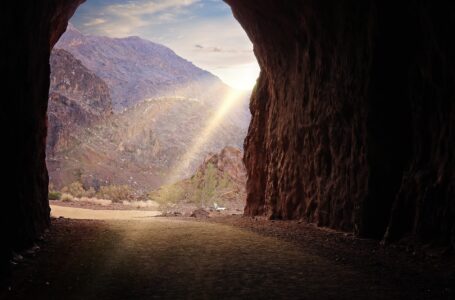
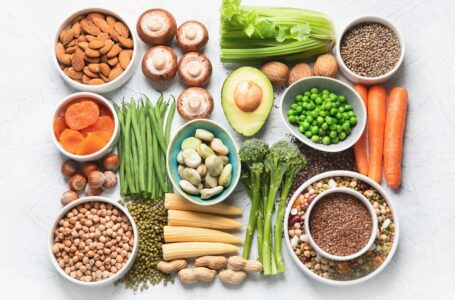
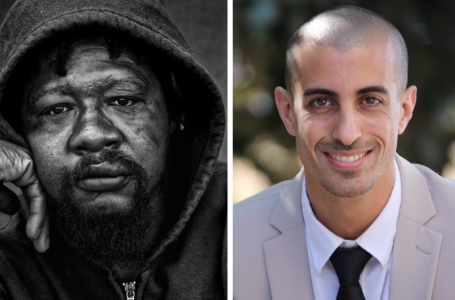








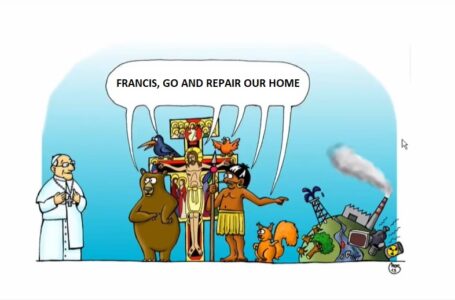
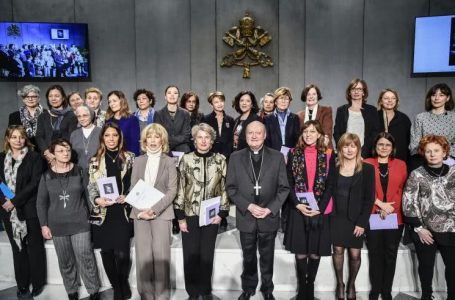


4 Comments
This is a truly interesting read! Thank you very much!
Thanks for your feedback 🙂
I came across this seconds after I finished watching the Seaspiracy documentary. I cried my heart out ! I too was about to search for more clarity and information. Thank you for going an extra mile and for finding ways how to help make this world a better place. I join you in this !
Thanks Mandy for commenting